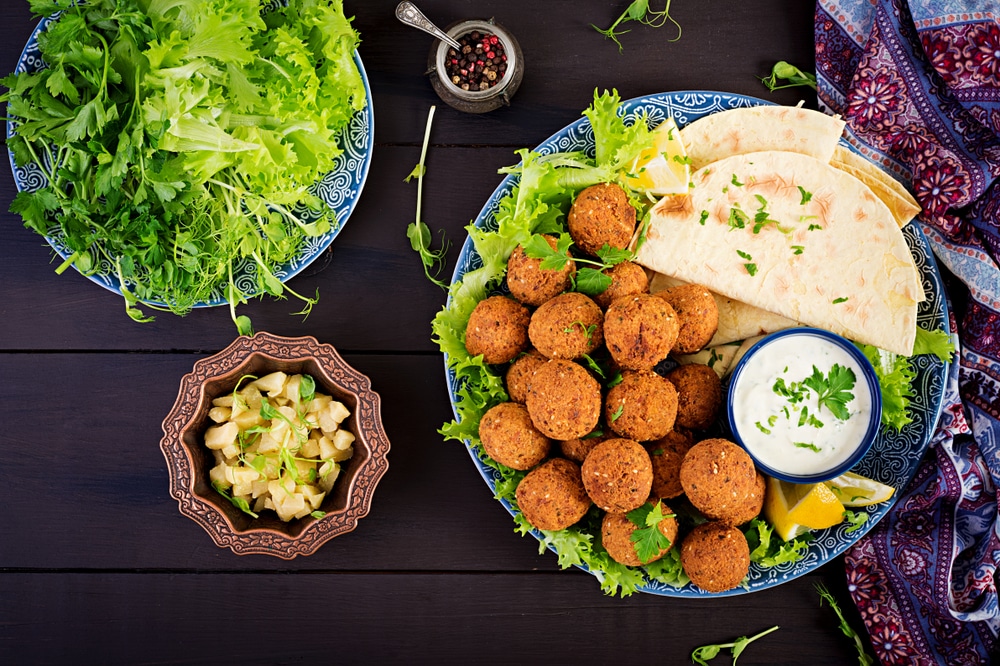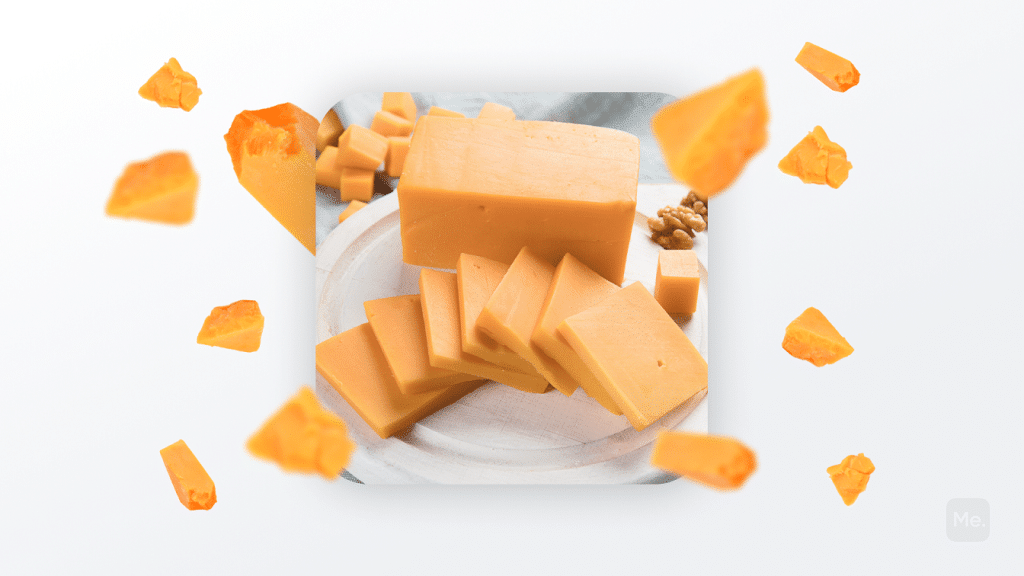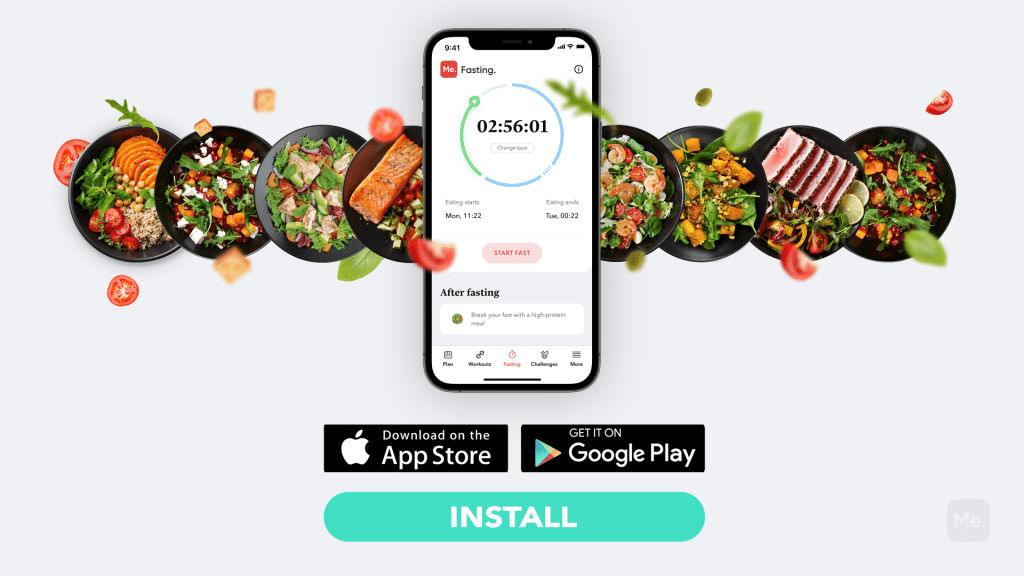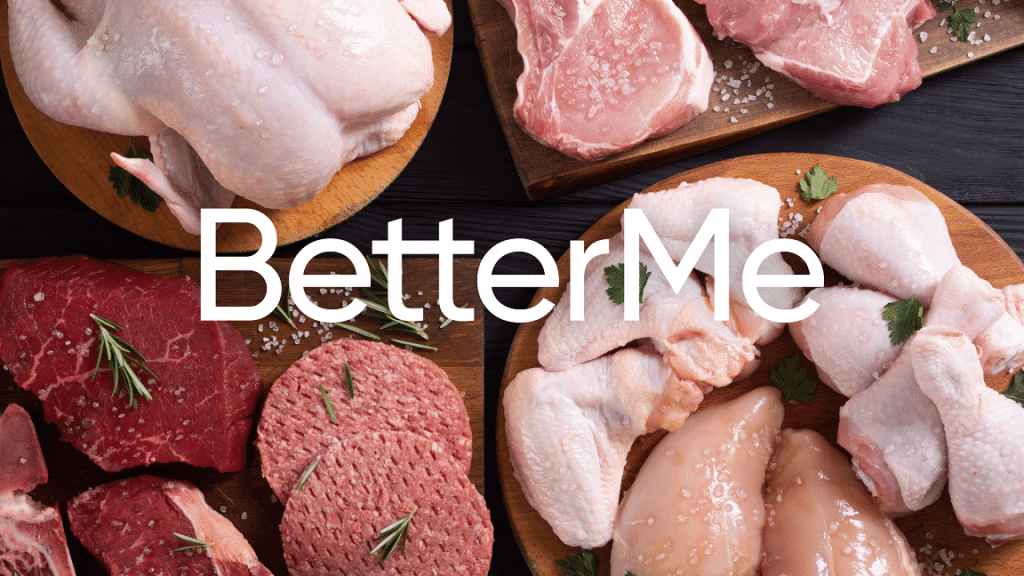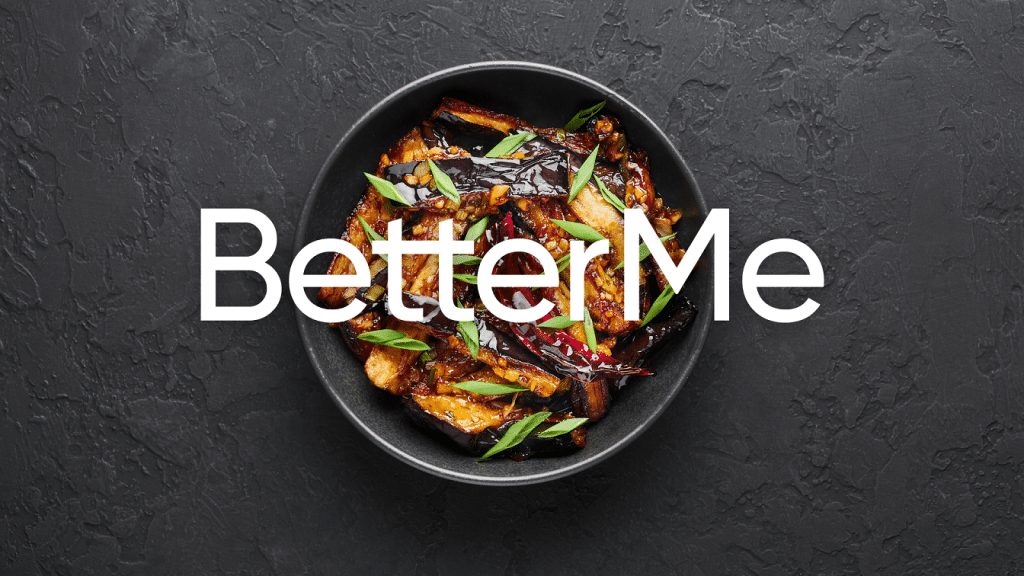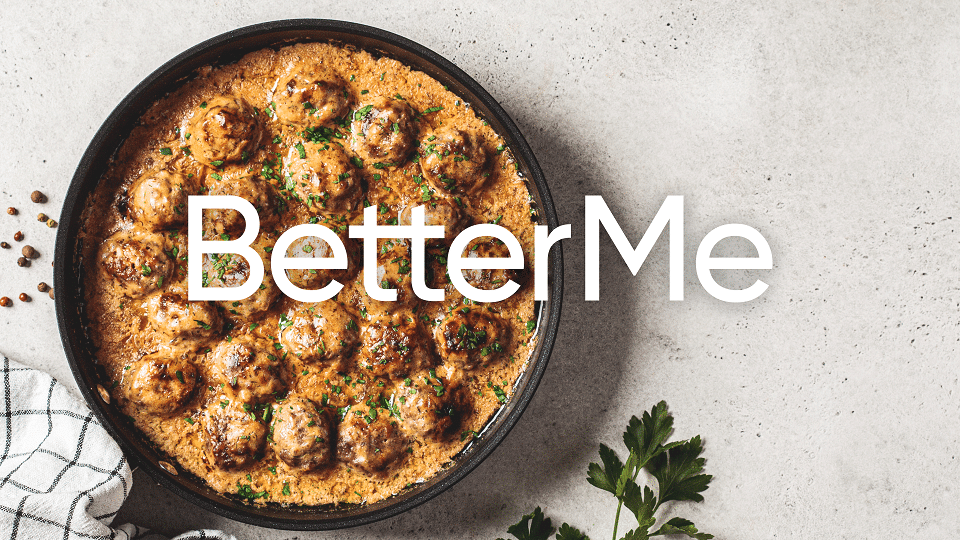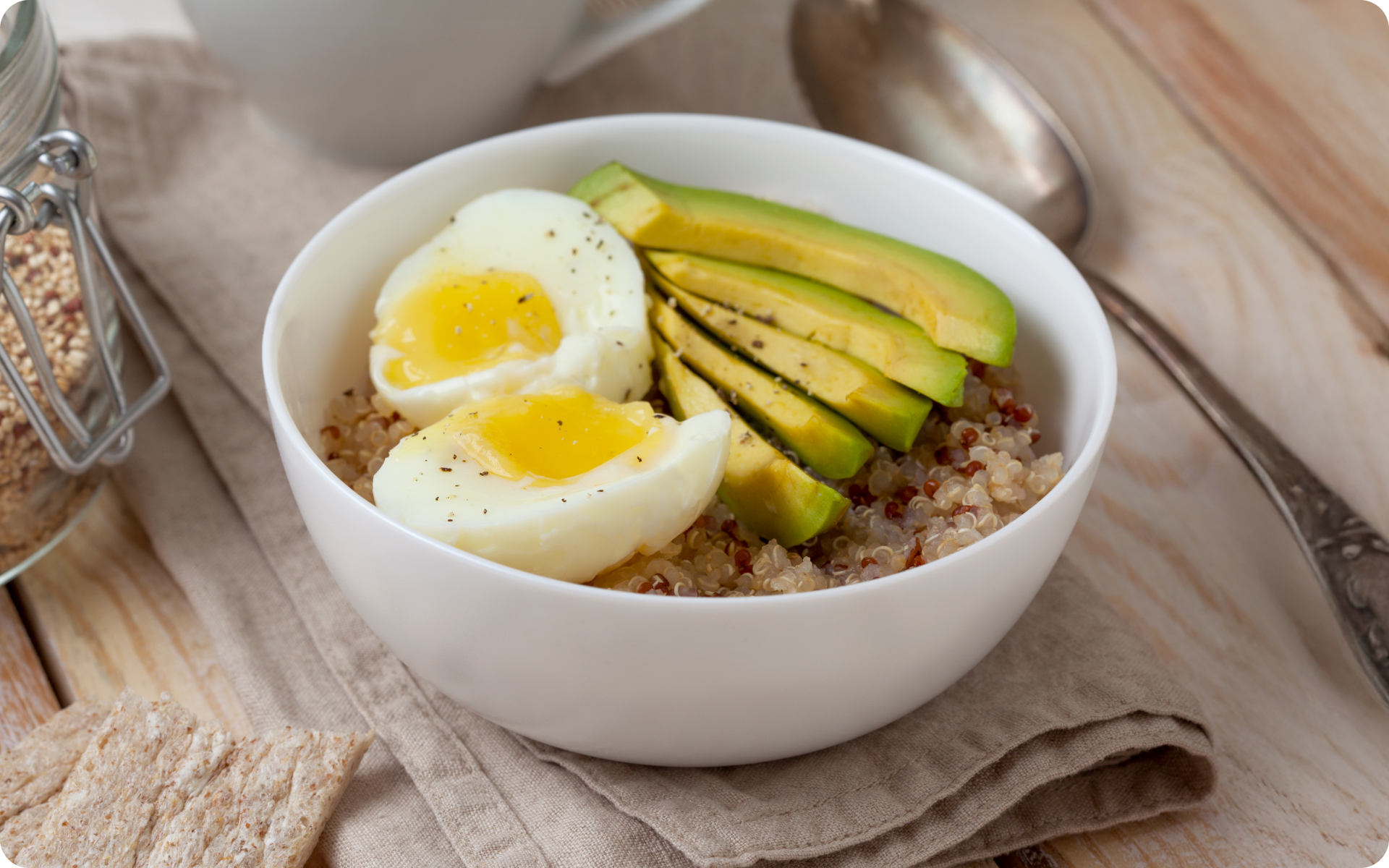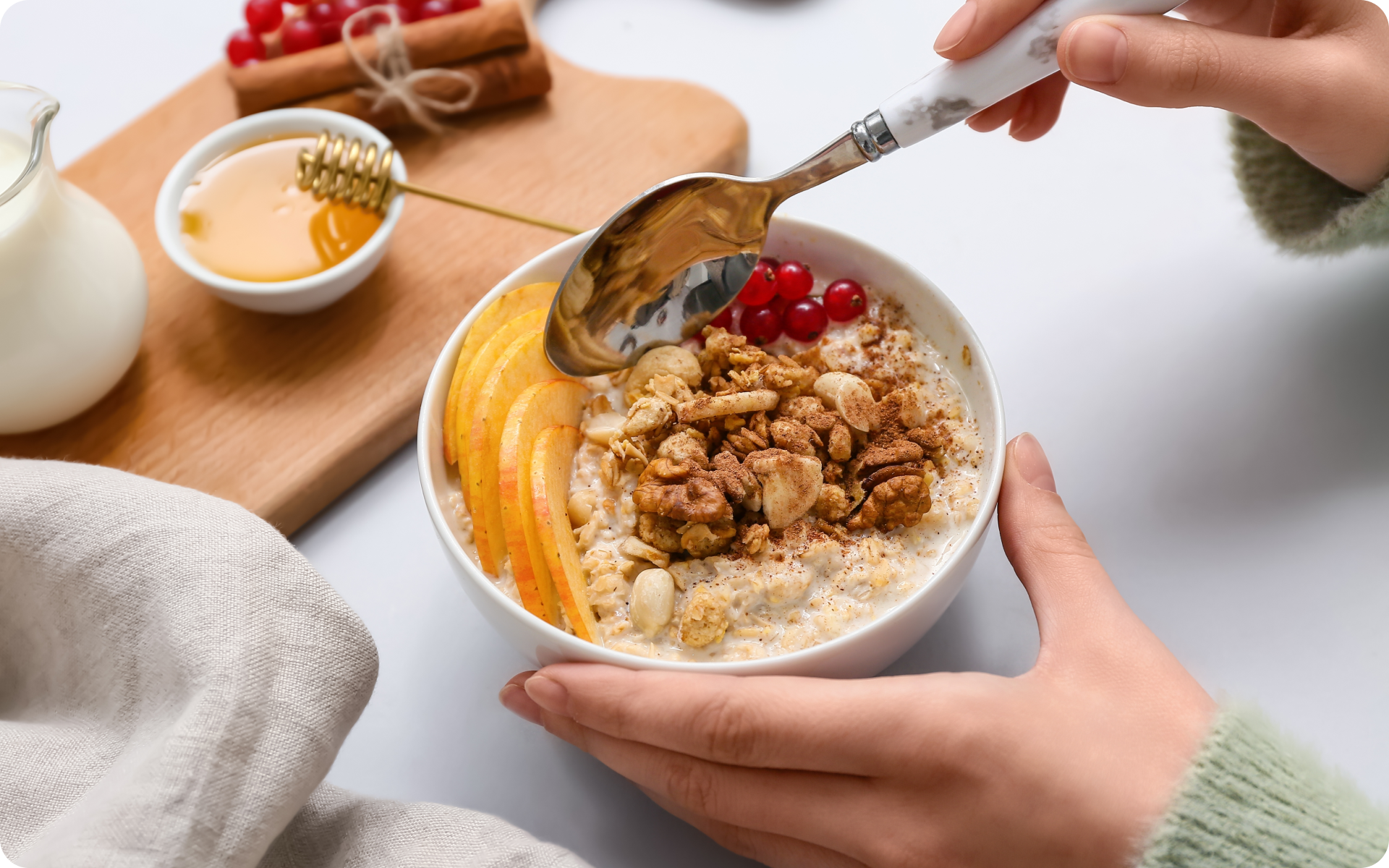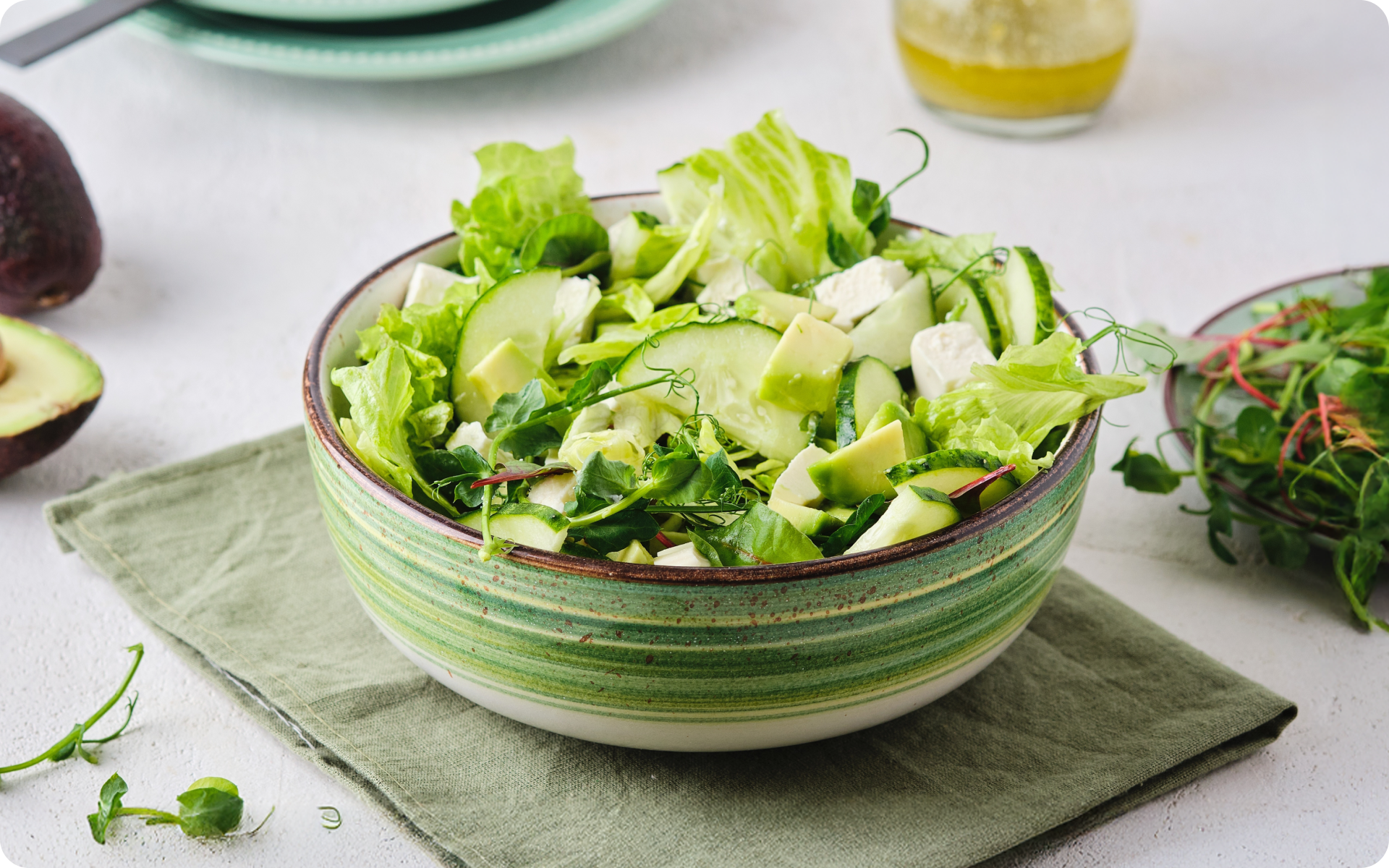Different diets have been developed for specific needs. For example, vegetarian diets were set for individuals looking for plant-based foods. In addition, some diets are set based on several traditional dietary laws, such as the kosher diet. This diet was developed according to the Jewish dietary laws. Here is everything you should know about this diet, including its laws and a sample of the kosher diet menu.
Get your personalized
meal plan!
Kosher Diet Menu: What Is Kosher?
Kosher is a term used to describe a diet that abides with the Judeo dietary rules known as kashrut (4). Although the eating plan is common among Jews, not all Jewish people observe the kashrut rules by eating kosher food.
However, those who do say they do so to show reverence to God and wish to renew their faith and feel connected to their communities.
What Can You Eat In A Kosher Diet?
The kosher laws dictate what a Jew can eat, how they must prepare specific foods, and what foods they can combine. So, the laws have classified the foods into three categories, which are as follows (4):
-
Meat
The recommended meat is obtained from animals with split hooves in kosher, such as sheep, cows, and goats (4). The animals also have to chew cud, meaning that when they eat, partially digested food (cud) returns from their stomach for the animals to chew again.
You cannot eat meat from animals that do not meet this criteria. For example, you cannot eat pork because even though pigs have split hooves, they don’t chew their cud (4). Similarly, the Jewish dietary law has also set laws governing slaughter methods and slaughterhouse equipment (4).
Meat cannot be considered kosher if the animal passes away naturally. Specific parts of an animal, such as the nerves, blood, and different types of fat, are not considered kosher.
-
Dairy Products
The kosher rules are that all dairy products to be consumed, including cheese, milk, yogurt, and butter, are to be obtained from a kosher animal. On top of that, the ingredients and equipment used to produce these products also have to be kosher (4). Only cheese which has not been produced with animal-based rennet is considered kosher.
Read More: Mesomorph Diet Female: How To Eat And Work Out According To Your Body Type
-
Pareve
This category of kosher foods concerns food that is neither meat nor dairy. So, eggs, fish, pasta, coffee, vegetables, and plant-based foods are included in this category. It is important to note that plant-based foods that pareve have their own set of kosher guidelines, which are as follows (4):
-
Whole Grains And Bread
The number one rule about bread is that it is only kosher if it is certified. To be certified, it has to be baked from grains that are also kosher. Secondly, all the ingredients and the equipment used to make it have to be kosher approved. Lastly, the baking equipment must not be greased with fats or oils obtained from animals (4).
-
Fruits And Vegetables
The law is that when you consume fresh produce, you must be very watchful to make sure it is free of insects before consumption (4). Insects are not kosher. If you were to find any, wash them off. Canned and frozen produce can also be consumed. However, canned or frozen produce that has been processed using non-kosher equipment or ingredients is prohibited (4).
-
Seeds, Nuts, And Oils
You can consume seeds and nuts in their natural form. If processed into oils or nut butters, they must have been processed as per the kosher certifications. In addition, the oils must be obtained from kosher ingredients that are also certified by the law and have not been contaminated with non-kosher ingredients during processing.
-
Wine
For wine to meet the kosher certifications, it has to be prepared under strict rules and certified by an Orthodox rabbi (4).
Kosher Diet Menu: Additional Kosher Food Restrictions
Here are additional rules on the diet:
- A person should never consume meat and dairy together.
- An individual must wait a certain amount of time after eating meat before consuming dairy products, and vice versa. The theory is that the two would combine, hence the need for some time space.
- In strict kosher kitchens, an individual must separate utensils and other equipment used to prepare meat and dairy products. Similarly, the utensils used to prepare and serve both meals must be washed separately to avoid cross-contamination.
Additional restrictions are applicable to Jewish holiday of Passover. They include (5):
- An individual must not eat any risen or fermented grains. These are classified among forbidden foods known as chametz.
- Foods that are not kosher for Passover, such as bread, beers, pasta, liquors, and more, should be avoided.
- Individuals can consume certified matzah, the only permitted grain product for consumption during Passover.
- Kosher-approved fish, meat, chicken, and fresh produce can be consumed so long as they are not contaminated with chametz.
- The utensils used to prepare food must contain no trace of chametz.
Whether you’re looking to simply pep up your fitness routine, jazz up your diet with mouth-watering low-calorie recipes or want to get your act together and significantly drop that number on your scale – BetterMe app has got you covered! Improve your body and revamp your life with us!
Kosher Diet Menu: Restricted Foods In Kosher
Several foods are not permitted by kosher law. They include (5):
- Seafood: The law is that individuals must not eat seafood that does not have fins and scales. This includes seafood such as shrimp, crabs, lobsters, and oysters.
- Meat: Meat not obtained from animals that chew cud and have split hooves is prohibited, as discussed earlier. This category includes meat from camels, rabbits, squirrels, pigs, kangaroos, and horses.
- Birds: Birds of prey or scavenger birds, such as hawks, owls, gulls, and eagles, are banned.
- Hindquarters of permitted ruminant animals. These include cuts of meat such as the sirloin, short loin, flank, and shank.
- Insects. Most insects are not kosher, which is why the kosher law advises individuals to thoroughly inspect and wash their fruits and vegetables before consuming them.
Kosher Diet Menu: Kosher Diet Meal Plans
Determining kosher diets can be challenging, especially if you are not Jewish or do not abide by this eating tradition. So, crafting a kosher keto diet menu or a vegetarian one can be overwhelming. So, in this read, we have compiled a few samples of kosher main dishes to consider, perhaps for your one day menu for kosher diet. They are as follows:
Sample 1: Cola Pot Roast I (1)
One of the recipes to prepare kosher food is this easy recipe from All Recipes. Take a look at it:
Ingredients (1):
- 1 can stewed tomatoes (14.5 ounces)
- 1 pkt dry spaghetti sauce mix
- ¾ cup chopped celery
- 1 cup cola-flavored carbonated drink
- 1 cup chopped onion
- 1 ½ tsp. Salt
- ½ tsp.
- 1 cup garlic salt
- 3 pounds beef chuck roast
- 2 tbsp. vegetable oil
Preparation (1):
- Take a large bowl and break the tomatoes to obtain their juice. Stir in the spaghetti sauce mix, cola, salt, onion, celery, and garlic salt. Stir until the dissolvable components dissolve in the spaghetti sauce mix.
- Heat your meat in the oven and over medium-high heat in oil for roughly ten minutes on each side. Drain the entire fat and pour the tomato mix over the meat. Cover and lower the heat and let it simmer until the meat is tender, or for 2 1/2 hours.
Nutrition (1):
- Calories- 324.2
- Protein- 21.1 g
- Carbohydrates- 12.2 g
- Fiber- 1.2 g
- Fat- 21 g
Read More: Meal Replacement Diet: What It Is And How It Works
Sample 2: Wine-Braised Beef Brisket (6)
The recipe below is perfect if you are craving a beef dish for dinner. Check it out!
Ingredients (6):
- 1 beef brisket(3 pounds)
- 1 can beef broth (14.5 ounces)
- 1 tsp. dried thyme
- 1 tsp. salt
- 1 tbsp. olive oil
- ¼ tsp. ground black pepper
- 1 red onion, sliced
- 1 can tomato sauce(8 ounces)
- ½ cup kosher red wine
Preparation (6):
- Preheat the oven to 350 degrees F (175 degrees C).
- Take a small bowl and mix the salt, thyme, and black pepper and rub the mixture over both sides of the brisket.
- Heat the olive oil in a roasting pan over medium-high heat and place the brisket. Let it brown on both sides by cooking for 3 to 4 minutes per side. Remove it and set it aside.
- Take a hot roasting pan and cook the red onion for two minutes by stirring until slightly softened. Add and stir the tomato sauce, beef broth, and wine.
- Return the brisket to the roasting pan and cover the pan with foil.
- Roast it in the preheated oven for 1 hour and then baste it with pan juices. Wrap it with foil and return it to the roasting pan to roast until tender and when the pan sauce has thickened. It may take 1 1/2 to 2 more hours.
Nutrition (6):
- Calories- 326.8
- Protein- 18.4 g
- Carbohydrates- 3.3 g
- Fiber- 0.7 g
- Fat- 25.1 g
Sample 3: Fermented Kosher-Style Dill Pickles (2)
Here is an easy recipe from All Recipes if you are craving a fermented snack (2):
Ingredients:
- ½ gallon water
- 1 cup tap water
- 2 pounds Kirby cucumbers
- 5 cloves fresh garlic, or more to taste
- ⅓ cup kosher salt
- 1 bunch fresh dill, stems trimmed
- 3 dried chile de Arbol peppers (Optional)
Preparation (2):
- Pour 1/2 gallon of water in a large pot and cover loosely. Let it sit for 24 hours so that any dissolved chlorine escapes.
- Crisp some cucumbers by storing them in the fridge or soaking them in icy water for an hour.
- Boil 1 cup of water in a saucepan, add salt, and stir. Set aside to cool.
- Wash the cucumbers in cold water to remove any blossoms clinging to them. Cut large cucumbers lengthwise and medium ones half lengthwise. Leave the gherkin-sized cucumbers whole.
- Peel and gently crush garlic cloves but do not splinter them into fragments.
- Pour the cooled saltwater into a 1/2-gallon Mason jar and add the garlic, cucumbers, dill, and dried chile peppers. Make sure you arrange them attractively. Similarly, pack the cucumbers tightly because they will shrink as they pickle. Fill the jar with the de-chlorinated water until cucumbers are just covered to avoid overly diluting the brine.
- Loosely cover the jar and set it aside at room temperature. You can place it on a dish if it is full to catch any dribbles. Leave the pickles for 12 to 24 hours to begin fermenting. Please keep them in the fridge, in brine and loosely covered, as they approach your desired stage of pickling: new, half-sour, or sour. Do not overshoot the mark, as refrigeration slows, but does not stop, fermentation.
Nutrients (2):
- Calories- 29.5
- Protein- 1.2 g
- Carbohydrates- 5.5 g
- Fiber- 0.3 g
- Fat- 0.1 g
If you struggle to even flirt with the idea of giving up your favorite foods or working out till your legs give way – BetterMe app is here to breathe a fresh perspective into the way you view the weight loss process! Check out the app and experience the fun side of fitness and dieting with BetterMe!
Sample 4: Kosher Chicken Soup With Matzo Balls (3)
In your kosher meal planner, the other great recipe to consider is this delicious soup with Matzo balls. Here is the recipe:
Ingredients (3):
For The Chicken Soup:
- 1 whole chicken, cut up (2 1/2 to 3 pounds)
- 2 stalks celery, cut into chunks
- 2 small yellow onions, diced
- 3 carrots, cut into chunks
- 1 bay leaf
- 1 bunch fresh dill
- 3 quarts of water
For The Matzo Balls:
- 2 tbsp. chopped fresh basil
- 4 eggs
- ⅓ cup vegetable oil
- 1 ½ tsp. salt
- 1 tbsp. chopped fresh parsley
- ¼ tsp. ground black pepper
- 1 cup matzo meal
- 1 tsp. salt
- 3 quarts water, or as needed
Preparation (3):
- Put the chicken, celery, onions, carrots, bay leaf, dill, and 3 quarts of water in a large pot to make the soup. Let it boil, and then reduce the heat to simmer when partially covered for at least five hours. Skim the surface of the soup occasionally to remove any foam that develops.
- Remove the chicken and vegetables from the broth and get rid of the vegetables. Strain the broth, cool, and refrigerate overnight. When the chicken cools, remove the meat from the bones, chop or shred the meat, cover and refrigerate.
- Add the chicken, onions, bay leaf, carrots, celery, dill, and water to the pressure cooker and bring it up to full pressure. Reduce the heat, maintain full pressure, and cook for 30 minutes. When the pressure drops naturally, remove the chicken and vegetables from the broth, strain, and discard the vegetables. When chicken is cool enough to handle, remove chicken meat from bones like in step 2.
- To make the soup in the pressure cooker, add chicken, as directed in step 1, and seal the pressure cooker.
- Add the parsley, vegetable oil, basil, eggs, 1 1/2 teaspoons salt, and black pepper in a bowl and mix well. Add the matzo meal, stir and cover with plastic wrap, and refrigerate for 1 hour.
- Boil at least 3 quarts of water and 1 teaspoon salt to a boil in a large pot. Gently shape the matzo mixture into balls of about 2 inches using wet hands and drop them in the boiling water. Simmer for 20 minutes.
- Skim the fat off the chilled chicken broth and place the broth in a pot over medium heat. Add salt and the reserved cooked chicken. Transfer the cooked matzo balls to the chicken soup and heat to serve.
Nutrients (3):
- Calories- 511
- Protein- 18.6 g
- Carbohydrates- 18.2 g
- Fiber- 1.7 g
- Fat- 40.7 g
The Bottom Line
Kosher food refers to foods and drinks that adhere to the Jewish dietary laws. Rules are the foundation of this diet, so sticking to the diet can be challenging for most.
Even so, the diet is rooted in history and religion and is significant for showing commitment to your faith. Here you can get a few meal ideas to include in your kosher diet menu.
DISCLAIMER:
This article is intended for general informational purposes only and does not serve to address individual circumstances. It is not a substitute for professional advice or help and should not be relied on for making any kind of decision-making. Any action taken as a direct or indirect result of the information in this article is entirely at your own risk and is your sole responsibility.
BetterMe, its content staff, and its medical advisors accept no responsibility for inaccuracies, errors, misstatements, inconsistencies, or omissions and specifically disclaim any liability, loss or risk, personal, professional or otherwise, which may be incurred as a consequence, directly or indirectly, of the use and/or application of any content.
You should always seek the advice of your physician or other qualified health provider with any questions you may have regarding a medical condition or your specific situation. Never disregard professional medical advice or delay seeking it because of BetterMe content. If you suspect or think you may have a medical emergency, call your doctor.
SOURCES:
- Cola Pot Roast I (2022, allrecipes.com)
- Fermented Kosher-Style Dill Pickles (2022, allrecipes.com)
- Kosher Chicken Soup with Matzo Balls (2022, allrecipes.com)
- Kosher Food (2020, webmd.com)
- What does kosher mean? (2020, medicalnewstoday.com)
- Wine-Braised Beef Brisket (2022, allrecipes.com)
